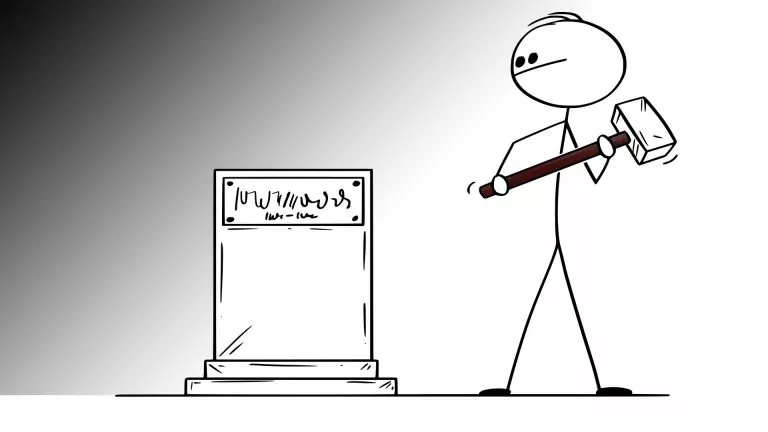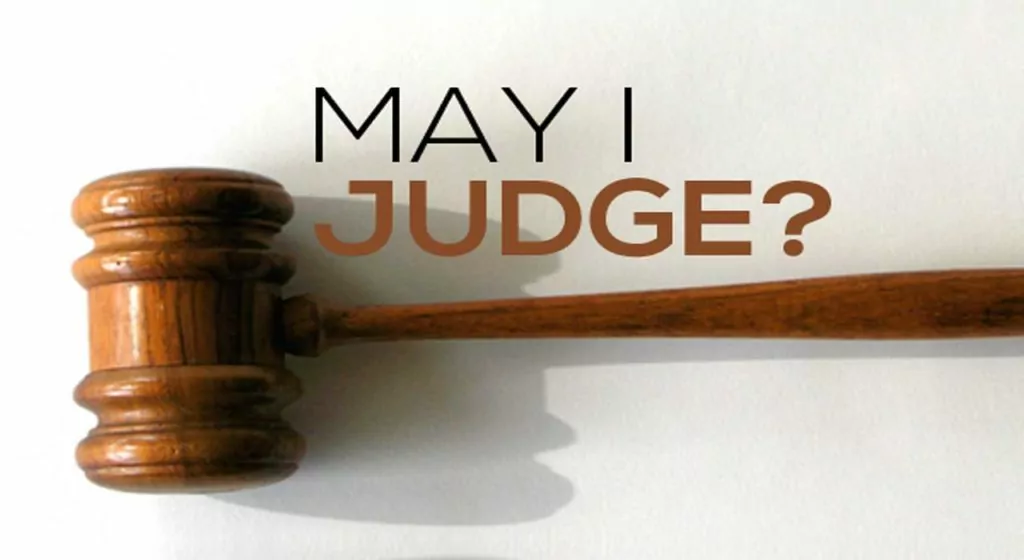Wheaton College, a US evangelical liberal arts college, has taken down a plaque “dedicated to the glory of God” and “in loving memory of” two martyred alumni, because it used the adjective “savage” to describe their murderers.
The plaque was erected in 1957, exactly one year after five missionaries, including the two Wheaton alumni, were killed by the tribe they were trying to reach with the Gospel. But now the plaque is down, with plans to have it reworded and replaced. Wheaton’s president Philip Ryken explained in an email:
“Recently, students, faculty, and staff have expressed concern about language on the plaque that is now recognized as offensive. Specifically, the word ‘savage’ is regarded as pejorative and has been used historically to dehumanize and mistreat indigenous peoples around the world. Any descriptions on our campus of people or people groups should reflect the full dignity of human beings made in the image of God…”
But is this a problem of word choice? Did the Class of ’49, who erected the plaque 64 years ago, use a word that they shouldn’t have? Here is the problem passage, in context, (with “savage” highlighted in bold – emphasis mine):
Because of the Great Commission Ed and Jim, together with Nathanael Saint, Roger Youderian, and Peter Fleming, went to the mission field, willing for “Anything – anywhere regardless of cost.”
They chose the jungles of Ecuador – inhabited by the Auca Indians. For generations all strangers were killed by these savage Indians. After many days of patient preparation and devout prayer the missionaries made the first friendly contact known to history with the Aucas.
On January 8, 1956 the five missionaries were brutally slain – martyrs for the love of God.
The story of Jim Elliot, Ed McCully, Nathanael Saint, Roger Youderian, and Peter Fleming might be best known today for what happened afterward. Two years after their murders, Rachel Saint, sister of Nathanael, and Elisabeth Elliot wife of Jim, went to live with this same tribe, to evangelize to them. What they did was remarkable, because they were not going to a peace-loving tribe. And the miracle God worked in many tribesmen’s hearts was all the more remarkable precisely because of how savage they had been before – six of the very men who murdered the missionaries later turned to the Lord.
So is it wrong to call murderers “savage”? To answer that question we must first establish by what standard are we going to assess what is “offensive” and “pejorative.”
Christians should, of course, turn to the Bible for our standard. In the world, many today think feelings – and their feelings in particular – are the measure of all things. Before we roll our eyes and be done with this nonsense, let’s remember there is a biblical command that takes feelings into consideration. Jesus said, “Do unto others as you would want done unto you” (Matt. 7:12). And since we wouldn’t want to be called savage, we shouldn’t call others savage, right? As the college president noted, this word has also been used to dehumanize indigenous peoples in the past. So, case closed?
Well, no. This “Golden Rule” applies to our own actions: what we should or should not do. Thus if you find “savage” a “pejorative” and needlessly “offensive” word, then you really shouldn’t use it on any plaque you might be planning to erect.
But how do we assess the actions of another? By what standard should we judge the word choices of a previous generation? In Matthew 7, just a few verses earlier, Jesus shows us the way here too:
“Do not judge, so that you may not be judged. For with the judgment you make you will be judged, and the measure you give will be the measure you get” (7:1-2).
So the question we should ask is, how would we want a generation, 64 years from now, to evaluate the words we say today? If there is no offense expressed and no offense intended when we first say them – if there was no sin at the start – would we want them to read in a sin six decades hence? Would we want our bronzed words taken down because they offended the current day’s sensibilities? There is, of course, an argument to be made here since, as the Wheaton president noted, some peoples in the past have been written off as “savages,” as if that was an irredeemable part of who they were. But that overlooks the completely opposite point this plaque is making: what is being celebrated here was an attempt to bring the message of redemption to the Aucas Indians. The five men who went, and the class that celebrated their efforts, did so because they knew the Word of God was for every tribe and nation, and because they knew that the Aucas were made in the Image of God too. There is no attack on anyone’s dignity or any dehumanization being done here.
While the word “savage” is a very good adjective for murderers, it is, of course, okay if today’s Christians don’t want to use it. What’s worrisome is when they want to scrub it. If God’s people become so sensitive about offense that could be taken, even when no actual offense is committed, that they feel the need to edit bronze, it’s hard to imagine how they’d ever have the courage and frankness to speak to the world about such sins – such sensitive issues – as homosexuality, transgenderism, and abortion.
This plaque was erected to remember how these five missionaries were willing to risk everything to bring God’s good news to a savage people desperately in need of it. Instead of finding fault where none exists, we should be looking to these missionaries’ example, asking, “What are we willing to risk to present His Word to our own savage culture?”













